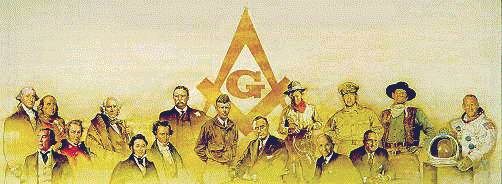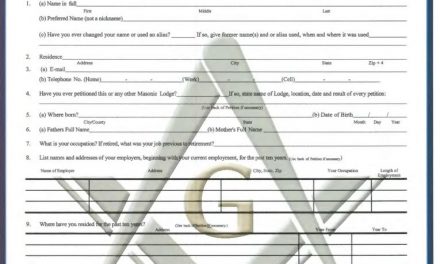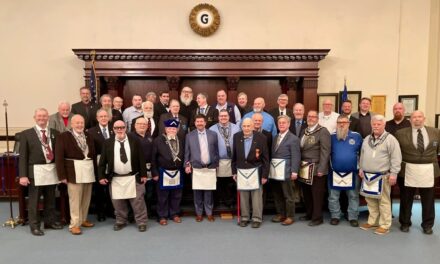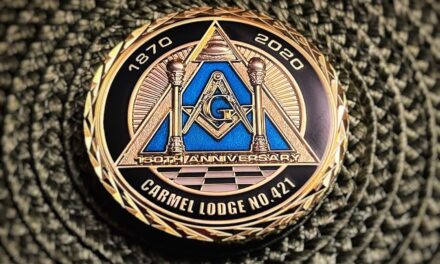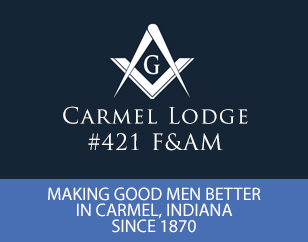Freemasonry, the world’s oldest and largest fraternal organization, has long been intertwined with significant historical events and influential figures. Built on principles of brotherhood, moral integrity, and the pursuit of knowledge, Freemasonry has shaped its members and, by extension, the course of history. From the founding of the United States to global movements for liberty and progress, Freemasonry’s values have left a lasting imprint.
One prominent example is the role Freemasonry played in the American Revolution. Several key figures in the fight for independence, including George Washington, Benjamin Franklin, and Paul Revere, were Freemasons. The fraternity’s emphasis on personal responsibility, equality, and liberty resonated with the ideals that these leaders sought to embed in the founding documents of the United States. Washington, a lifelong Freemason, famously wore Masonic regalia during his first presidential inauguration in 1789, symbolizing the fraternity’s influence on his leadership and vision for the new nation.
Benjamin Franklin, another founding father and influential Freemason, played a crucial role in shaping the young republic. His involvement in Freemasonry connected him with a global network of intellectuals and leaders, which was instrumental in securing critical diplomatic alliances during the American Revolution. His belief in reason, dialogue, and fraternity—central tenets of Freemasonry—were pivotal to his success as a diplomat and leader.
Outside of the United States, Freemasonry’s influence can also be seen in figures like Winston Churchill, a Freemason who led the United Kingdom during World War II. Churchill’s commitment to democratic values, individual liberty, and moral responsibility reflected the principles of the fraternity. His leadership in defense of freedom during one of history’s most perilous times highlighted the ethical foundation that Freemasonry emphasizes.
Freemasonry’s reach has extended beyond politics into the realms of science, art, and philosophy. Figures such as composer Wolfgang Amadeus Mozart and scientist Sir Alexander Fleming were Freemasons, embodying the fraternity’s values of self-improvement and knowledge. Their contributions to music and medicine are testaments to the Masonic pursuit of enlightenment and the betterment of society.
Today, Freemasonry remains a vibrant global organization, though its role has shifted. While it no longer exerts the same direct influence on political movements, it is heavily engaged in charitable activities and community service. Freemasons around the world raise funds for hospitals, educational scholarships, disaster relief, and numerous other causes, demonstrating their ongoing commitment to social welfare.
In an increasingly divided world, Freemasonry continues to serve as a force for unity, bringing together individuals from diverse backgrounds who share common values of brotherhood and ethical leadership. The fraternity has also embraced technology, using digital platforms to connect with new generations while maintaining its traditions. Lodges today are more open about their beliefs and activities, helping to demystify Freemasonry and attract members committed to its ideals of self-improvement and community service.
While Freemasonry’s political role has diminished, its core principles remain relevant. The fraternity continues to promote moral integrity, intellectual growth, and service to humanity. Freemasonry’s enduring legacy is one of ethical leadership, unity, and the betterment of society, values that still resonate in today’s world. Through its charitable work and the personal conduct of its members, Freemasonry remains a quiet but influential force for good.
What Is Freemasonry?
Fellowship
By attending Masonic Lodge meetings and learning from your fellow Masons, you’ll strengthen the bonds of fellowship as you join together with like-minded men who share ideals of both a moral and metaphysical nature. There are Masonic lodges on every continent on Earth, and in almost every nation. You’ll enjoy the friendship of other Masons in the community, and you’ll be welcomed as a “Brother” by Masons everywhere in the world. Freemasonry also promises that should you ever be overtaken by misfortune, sickness, or adversity through no fault of your own, the hands of our great fraternity will be stretched forth to aid and assist you.
More information about Indiana Masonry here: https://carmel421.com/what-is-masonry-carmel_421/
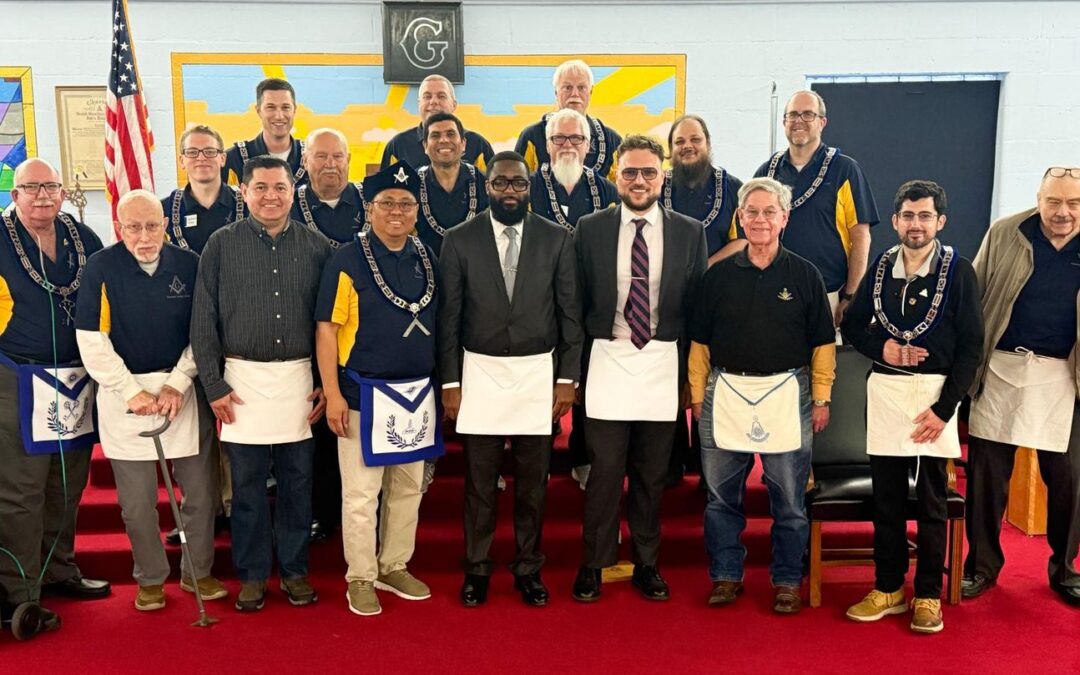
Fellow Craft Degree – 22nd May 2025
It is with great pleasure and fraternal pride that we announce the successful Passing of three of our Brothers to the Degree of Fellow Craft. On the 22nd of May, 2025, the three Brothers were duly and truly prepared and advanced to the Second Degree of Freemasonry in...

